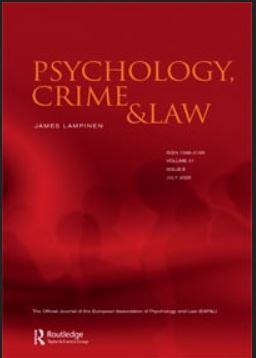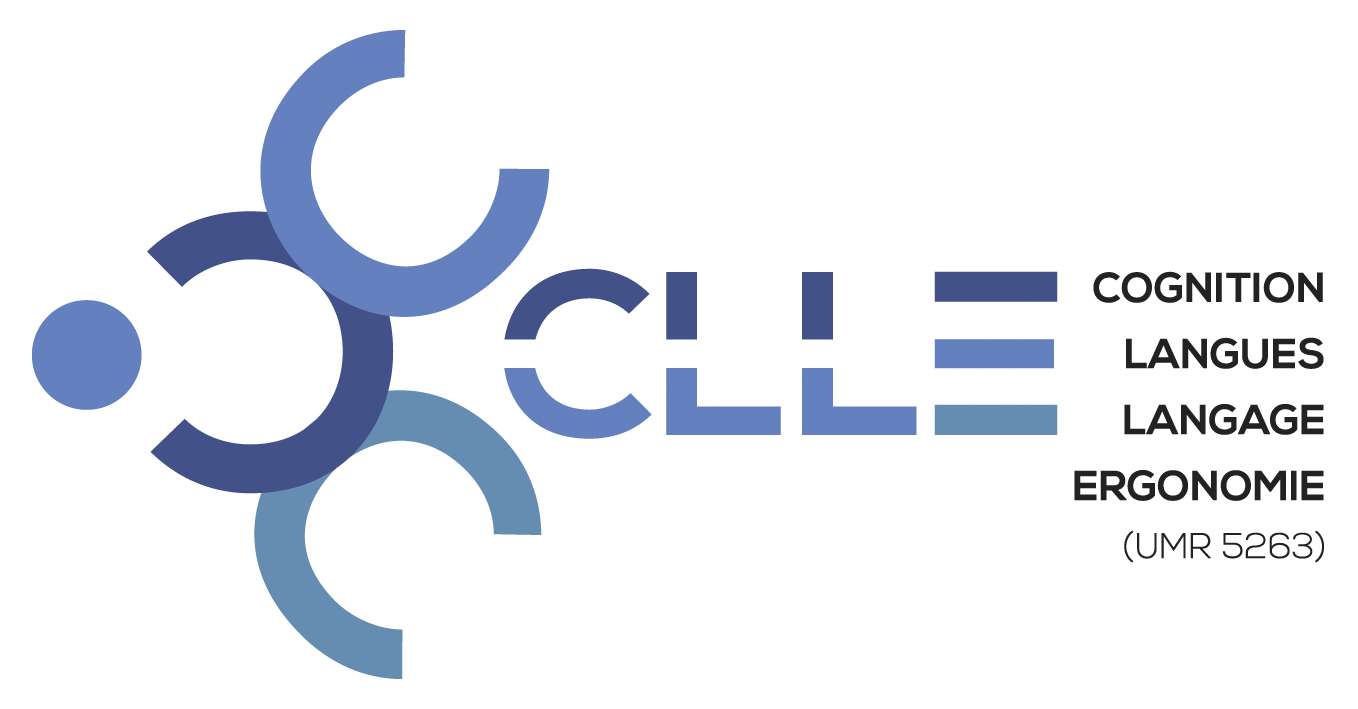-
Partager cette page
Interviewing for asylum: how the motive for application shapes information needs
Psychology, Crime & Law
Publié le 9 juillet 2025 – Mis à jour le 20 octobre 2025
Antoine Marques Mourato, Céline Launay & Jacques Py (CLLE)
 In most asylum cases, the applicant's testimony is central to the procedure. This study aims to identify the types of information sought in asylum interviews and examine how investigation-relevant information (IRI) varies depending on case characteristics. Ninety-three social workers with experience in preparing asylum interviews reviewed two vignettes depicting fictitious asylum narratives. These vignettes varied across three dimensions: (i) the motive for application, (ii) the apparent credibility of the narrative, and (iii) the occurrence of a traumatic event. Participants selected five focus areas they prioritized for further inquiry and formulated five corresponding questions, mimicking an interview setting. Our analysis revealed that descriptions of single events, repeated events, and knowledge were the most commonly sought types of information. While no significant effects were observed for credibility or trauma, the motive for application significantly influenced IRI. Distinct patterns of IRI emerged in cases involving political engagement, armed conflict, and sexual orientation, highlighting their unique demands. These findings are discussed in the context of best practice recommendations for tailoring asylum interview techniques.
In most asylum cases, the applicant's testimony is central to the procedure. This study aims to identify the types of information sought in asylum interviews and examine how investigation-relevant information (IRI) varies depending on case characteristics. Ninety-three social workers with experience in preparing asylum interviews reviewed two vignettes depicting fictitious asylum narratives. These vignettes varied across three dimensions: (i) the motive for application, (ii) the apparent credibility of the narrative, and (iii) the occurrence of a traumatic event. Participants selected five focus areas they prioritized for further inquiry and formulated five corresponding questions, mimicking an interview setting. Our analysis revealed that descriptions of single events, repeated events, and knowledge were the most commonly sought types of information. While no significant effects were observed for credibility or trauma, the motive for application significantly influenced IRI. Distinct patterns of IRI emerged in cases involving political engagement, armed conflict, and sexual orientation, highlighting their unique demands. These findings are discussed in the context of best practice recommendations for tailoring asylum interview techniques.





